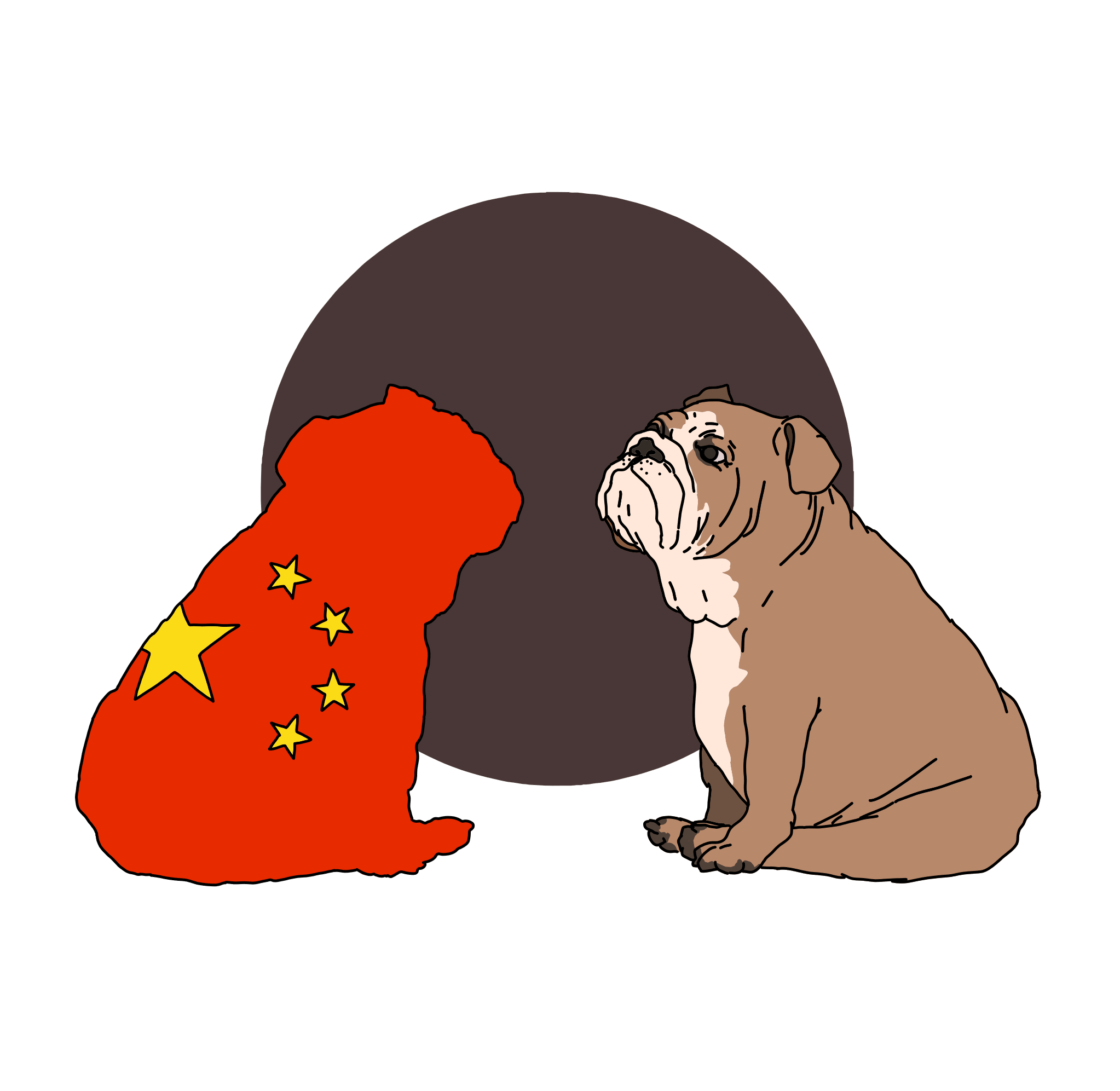DOJ announces end of Trump-era China Initiative
Yale advocates who organized a faculty letter in protest of the government’s anti-spy campaign expressed cautious optimism.

Anasthasia Shilov
The Department of Justice announced on Wednesday the end of the controversial China Initiative — a Trump-era program which served to retaliate against Chinese theft of American intellectual property but instead drew criticism for creating a culture of discrimination against Asian Americans working in academia.
In January, nearly 200 members of Yale’s faculty, including three Sterling professors and six heads of colleges, signed an open letter advocating for the end of the initiative. Researchers and graduate students of Chinese descent at Yale have described to the News a “chilling, hostile environment” created by the policy, in addition to various immigration problems which have arisen as a result. The DOJ’s decision to end the program comes after backlash from civil rights groups, who have argued that the installation of the policy has led to unfair prosecution based on ethnic identity.
“I welcome the change,” said Alex Liang ’22, who penned a Nov. 19 op-ed with Mirilla Zhu ’23 advocating for the initiative’s end. “I’m glad that the Department of Justice took concerns about racial profiling and adjusted its policy accordingly.”
The organizers of the Yale open letter had also criticized the China Initiative for its focus on prosecutions based on “research integrity” — usually failures to fully disclose ties to Chinese universities — rather than acts of actual espionage or technology theft.
At the Massachusetts Institute of Technology, mechanical engineering professor Gang Chen was charged amid accusations that he failed to disclose affiliations with Beijing to receive a grant from the Department of Energy — before prosecutors dropped the case when it was revealed that he was not required to disclose any such information. While he was never officially charged for espionage, he testified that he was treated like a national security threat and continues to be haunted by his arrest.
Vice President of Global Strategy Pericles Lewis, who told the News last month that the University was lobbying for a “clear and fair interpretation” of the government’s research-related policies, described his approval of the DOJ’s decision.
“The announcement holds promise for a more measured approach to oversight of university research,” Lewis wrote in an email. “I am glad to see that the justice department has removed the inflammatory name of the initiative, and I hope that this is a harbinger of a more sensible approach going forward.”
Others within the University welcomed the news, while continuing to criticize existing tensions surrounding academia within Asian American communities.
Professor of applied physics Yu He, who organized the January letter, expressed cautious optimism about the development.
“While most of us are still processing the substance of Assistant [Attorney General Matthew] Olsen’s remarks today, it is definitely an encouraging and welcoming development, especially after all the thick and thin everybody has gone through,” He said.
Olsen ordered the end of the China Initiative in a speech on Wednesday, following a months-long review of the program.
In his speech, Olsen said that safeguarding the integrity and transparency of research institutions remains a matter of national security. He affirmed that the National Security Division of the DOJ would continue to work with the Federal Bureau of Investigation and other investigative agencies to assess research intent in the context of “national or economic security.”
He questioned Olsen’s speech for offering a politicized image of academic research, and also expressed that academics should be more involved in assessing cases related to research intent.
“Why is the research integrity and transparency falling under the jurisdiction of ‘national security’?” He wrote. “Does it mean that the (in many cases, basic) research knowledge generated is national interest and government owned? All this being said, let us not rush to dismiss it as a mere skin change, but rather wait for ensuing actions.”
John Yang, president of Asian Americans Advancing Justice, affirmed the group’s denouncement of the China Initiative and its impact on the Asian American and Pacific Islander community. Yang said that the end of the China Initiative is a step to address “serious concerns of racial profiling and misconduct” in the United States government’s surveillance and national security operations, and that it also helps address the overcriminalization of issues regarding research integrity.
In another statement released by the Committee of 100, a leadership organization of Chinese Americans professionals, the committee’s president Zhengyu Huang expressed hope that the DOJ’s decision on Wednesday would not be its last.
“We appreciate … Olsen’s thoughtful approach to reexamine and revise the policy,” Huang said in a statement. “Today’s announcement is an important step forward, but much more work needs to be done to ensure that all cases being prosecuted are based solely on evidence and not on perception.”
The China Initiative was announced in 2018 by former Attorney General Jeff Sessions.







